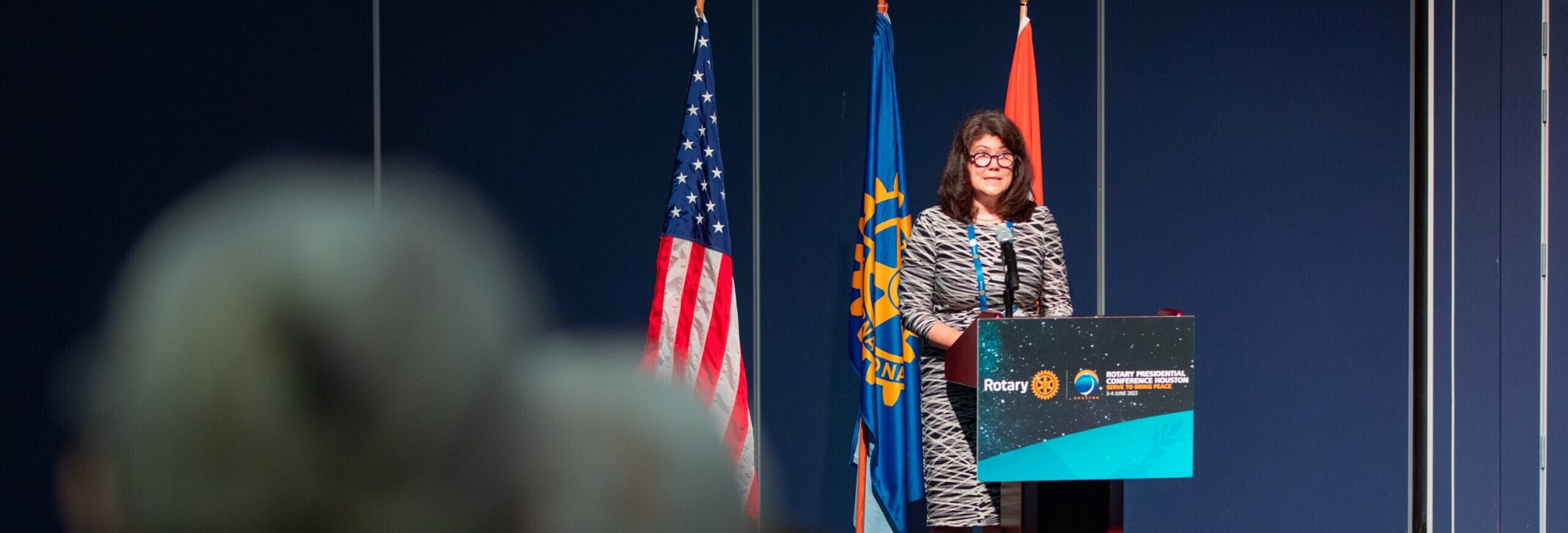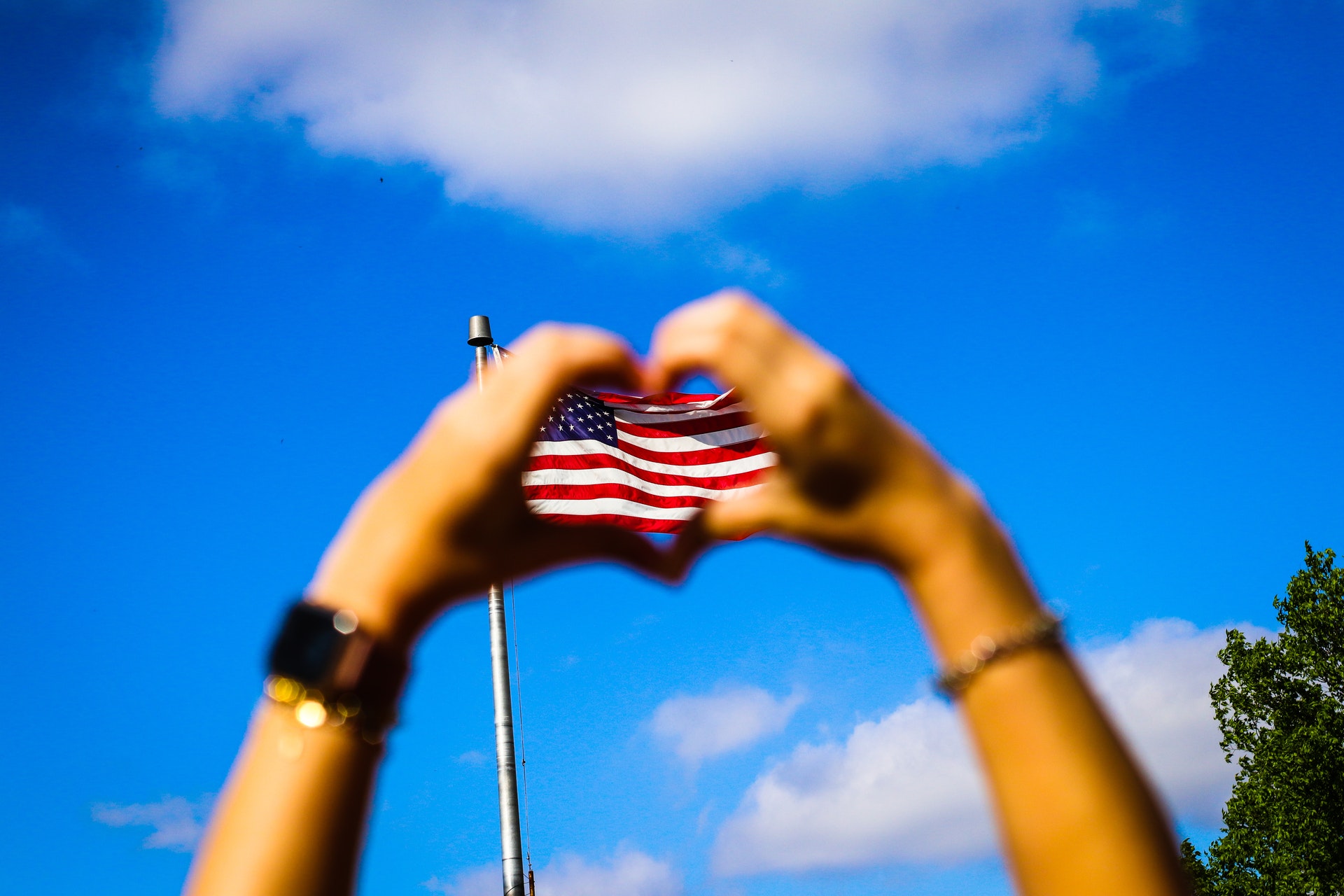Tag: Private Sector

Building A United Front
*This article was written by former Director of Applied Research Jonathan Pinckney. The scope of the challenges of democracy in the United States are vast. For a movement to protect...

Rethinking “Polarization” as the Problem
On June 6, 2022 Horizons’ Chief Network Weaver Julia Roig, shared the main stage at Rotary’s 2022 Presidential Conference in Houston with Gary Slutkin, the founder of Cure Violence and Azim Khamisa, the founder...

America’s Democracy Moment
*This article was written by Chief Organizer Maria J. Stephan and was first published on Just Security. As Americans prepare to celebrate Independence Day on July 4th, it is crucial...

Combatting Authoritarianism: The Skills and Infrastructure Needed to Organize Across Difference
*This article was written by co-Leads Julia Roig and Maria J. Stephan and was first published on Just Security. As the United States celebrated Martin Luther King Day this January,...
